PCs with Windows 11 pre-installed and free upgrades to the new operating system will become available to users starting October 5 — minus the ability to run Android apps.
Windows 11 offers a new redesign, updated Start menu, and better integration with Microsoft 365. Microsoft will be rolling out the update in a phased approach with a "focus on quality."
According to a Windows blog post, new eligible devices will be offered the upgrade first. Then, it will roll out over time to in-market devices based on intelligence models.
These intelligence models consider the hardware eligibility, reliability metrics, age of device, and other factors. Microsoft expects all eligible devices will be upgraded to Windows 11 by mid-2022.
Also, a report from Windows Central says one major feature of Windows 11 will be delayed until 2022 — Android app support. While Microsoft is working with Amazon and Intel on support, it says that the feature has to be pushed back to a later update.
Microsoft also lists multiple PCs that will run Windows 11 pre-installed with a new purchase.
- Acer Swift 5
- Acer Swift X
- Asus Zenbook Flip 13
- Asus Zenbook 14
- Alienware x15
- Dell XPS 13
- HP Spectre x360
- Samsung Galaxy Book Pro
- Surface Pro 7
- Surface Laptop 4
Those who want the Windows 11 experience right away may want to opt for a new PC. Otherwise, users will be waiting for the rollout algorithm to enable the update for their PC.
Mac users will have a more difficult time, however. Microsoft requires TPM 2.0 in order to run Windows 11, so Mac users will have to enable workarounds or use virtualization software to access the new operating system on incompatible hardware.
Check to see if Windows 11 is ready for your device by going to Settings, then "Windows Update." Next, select "Check for updates" to see if the upgrade is available starting October 5.
 Wesley Hilliard
Wesley Hilliard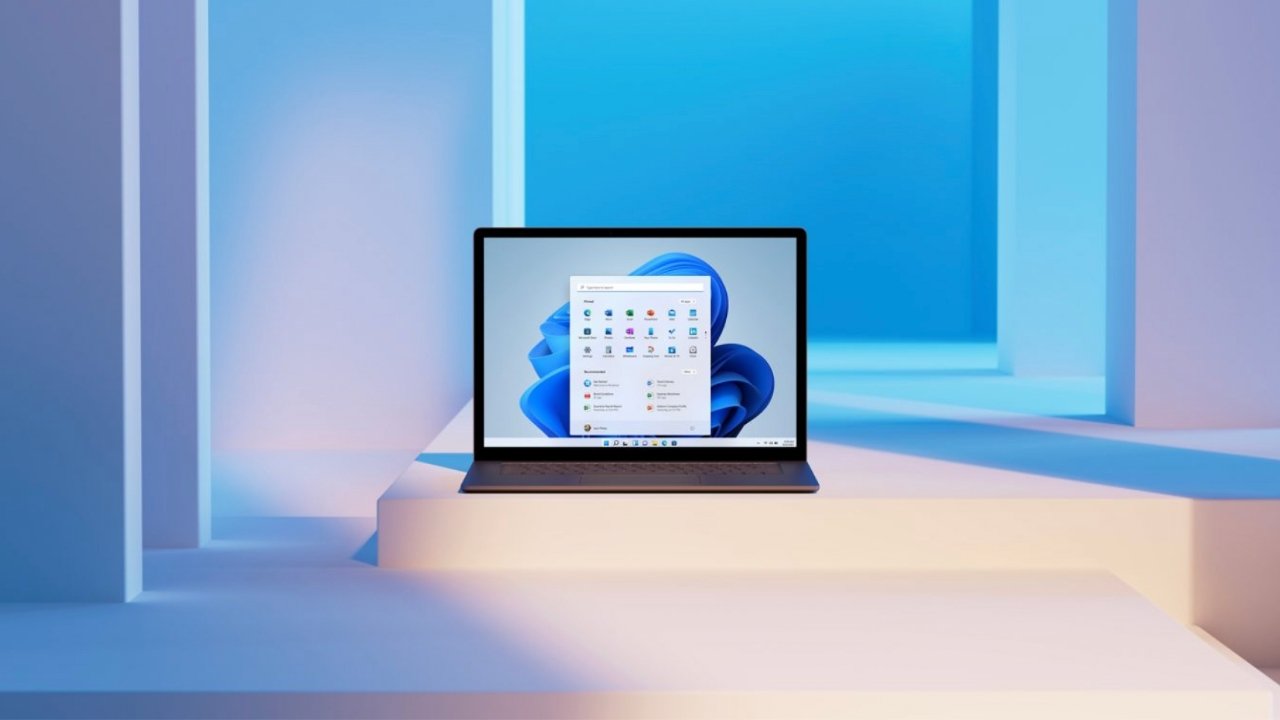

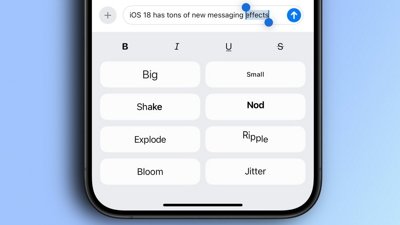
 Oliver Haslam
Oliver Haslam
 Amber Neely
Amber Neely
 Marko Zivkovic and Mike Wuerthele
Marko Zivkovic and Mike Wuerthele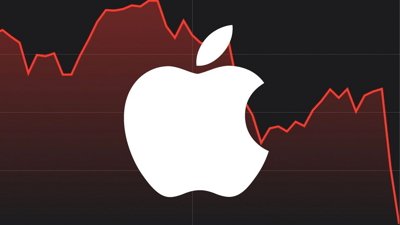
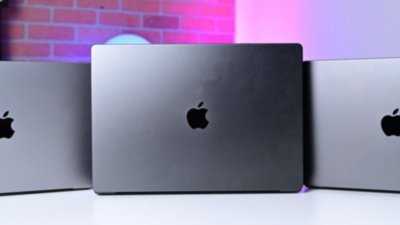
 Andrew Orr
Andrew Orr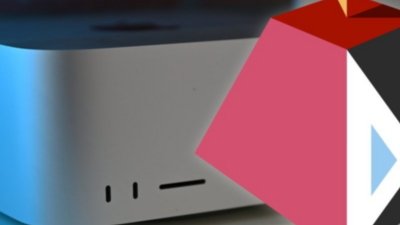
 Malcolm Owen
Malcolm Owen
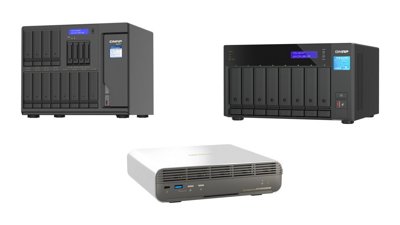










16 Comments
As always: big mess.
I have a powerful desktop that does not have TPM 2.0 on board or through firmware. I not going to upgrade for the sake of upgrading just for Windows 11 Pro. Why discards a still very fast PC just because Microsoft and PC manufacturers insist you do so? Some hacker will eventually defeat the TPM 2.0 chip anyways! History is on my side.